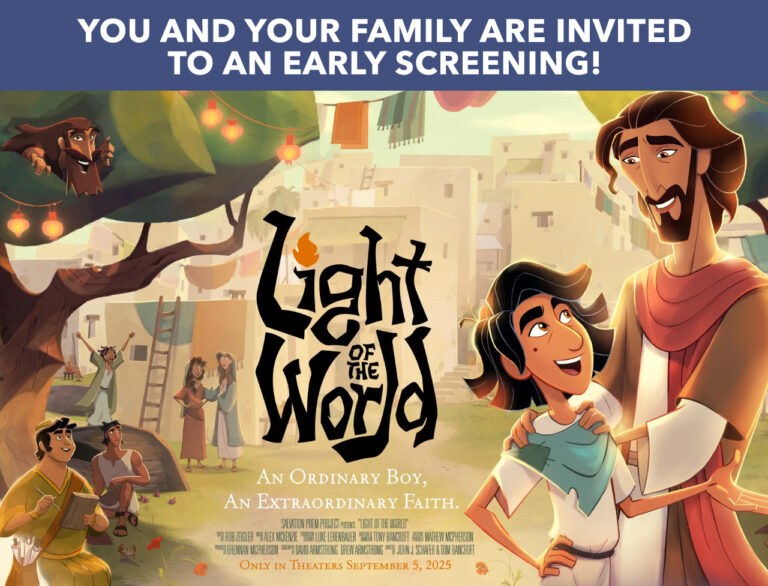The Lion King (1994) is one the most anticipated international animated films of the year, blending adventure, musical drama, family, and coming‑of‑age themes. Directed by Roger Allers & Rob Minkoff, and starring Matthew Broderick, Jonathan Taylor Thomas, James Earl Jones, Jeremy Irons, and Moira Kelly, this English‑language film premiered on June 24, 1994 in the United States.
Movie Overview

The Lion King follows the journey of Simba, a young lion prince destined to lead the Pride Lands. After his father Mufasa is betrayed and murdered by Simba’s uncle Scar, Simba flees into exile, overwhelmed by guilt. Growing up with newfound friends Timon and Pumbaa under the philosophy of “Hakuna Matata,” he eventually confronts his past. Encouraged by his mentor Rafiki and childhood friend Nala, Simba returns to reclaim his rightful throne. The film explores themes of responsibility, identity, loss, and redemption, set against a grand musical score and breathtaking animation.
Attribute Details
| Title | The Lion King |
|---|---|
| Genre | Animation, Adventure, Musical, Drama, Family |
| Language | English (original); dubbed in multiple languages |
| Release Date | June 24 1994 (United States theatrical premiere) |
| Director | Roger Allers & Rob Minkoff |
| Writer | Irene Mecchi; Jonathan Roberts; Linda Woolverton (screenplay) |
Plot Summary & Themes
Simba, heir to the Pride Lands, idolizes his father Mufasa but is manipulated by his uncle Scar into believing he caused Mufasa’s death. Devastated, Simba flees the kingdom. In exile, he befriends the carefree Timon and Pumbaa who raise him on “Hakuna Matata,” teaching him to avoid his past. However, when adult Simba meets Nala, she urges him to return and confront Scar. He battles Scar, reclaims the throne, and restores balance to the Pride Lands.
Key themes include:
- Responsibility vs. Guilt: Simba grapples with his conscience and destiny.
- Circle of Life: The film emphasizes natural balance, renewal, and legacy.
- Betrayal & Redemption: Scar’s rise highlights deceit, while Simba’s return symbolizes courage.
- Community & Belonging: Simba’s return restores pride unity.
Production & Release
Produced by Walt Disney Feature Animation and distributed by Buena Vista Pictures Distribution, the film had an estimated budget of $45 million :contentReference[oaicite:1]{index=1}. Directors Roger Allers and Rob Minkoff helmed the project, with Don Hahn producing. The screenplay credited Irene Mecchi, Jonathan Roberts, and Linda Woolverton :contentReference[oaicite:2]{index=2}. Music was composed by Hans Zimmer, with songs by Elton John and Tim Rice, including the Oscar-winning “Can You Feel the Love Tonight” :contentReference[oaicite:3]{index=3}.
Production incorporated traditional hand‑drawn animation with some early CGI—most notably in the wildebeest stampede sequence, where hundreds of digitally animated animals were cel-shaded to appear hand-drawn :contentReference[oaicite:4]{index=4}. Animators also traveled to Kenya to observe wildlife and landscapes to inform the film’s aesthetic :contentReference[oaicite:5]{index=5}.
The film premiered on June 24 1994 in U.S. theaters and was released worldwide in the following months (e.g. June 15 in Los Angeles/New York premieres, then Canada, UK, Japan, India in October) :contentReference[oaicite:6]{index=6}.
Cast & Crew
The ensemble voice cast includes:
- Jonathan Taylor Thomas as Young Simba
- Matthew Broderick as Adult Simba
- James Earl Jones as Mufasa
- Jeremy Irons as Scar
- Moira Kelly as Nala
- Nathan Lane as Timon
- Ernie Sabella as Pumbaa
- Rowan Atkinson as Zazu
- Robert Guillaume as Rafiki
- Whoopi Goldberg as Shenzi
- Cheech Marin as Banzai
- Madge Sinclair as Sarabi
- Niketa Calame‑Harris as Young Nala
- Jim Cummings as Ed and singing lines for Scar
- Additional voices: Frank Welker, Cathy Cavadini, Judi Durand, Daamen Krall, others :contentReference[oaicite:7]{index=7}
Screenplay by Irene Mecchi, Jonathan Roberts, Linda Woolverton; story development involved many veteran Disney artists such as Barry Johnson, Andy Gaskill, Rick Maki, J





